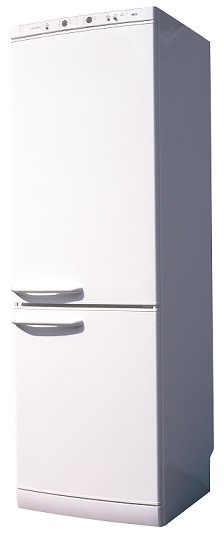Australian Government commits to HFC phase-down

Australia has become one of the first 10 countries to ratify the Kigali Amendment to the Montreal Protocol, a major international agreement to reduce the global production and use of highly potent synthetic greenhouse gases known as hydrofluorocarbons (HFCs).
The Montreal Protocol was established in 1987 to address the depletion of the ozone layer by phasing out harmful substances. The Kigali Amendment adds HFCs to this list of substances, with the powerful greenhouse gases currently contributing up to 2% of Australia’s carbon equivalent emissions.
Under the Kigali Amendment, Australia and other developed countries have agreed to reduce the use of HFCs by 85% by 2036. Australia served as co-chair of negotiations for the amendment, which was finalised in October 2016.
The Turnbull government passed legislation to implement the phase-down domestically in June this year, with Australia’s imports of HFCs set to start reducing in 2018 over a gradual step-down path until 2036. The long phase-down period means that consumers can continue to use equipment with HFCs — such as refrigerators, air conditioners, fire extinguishers and insulating foam — until the end of its useful life. This equipment can then be replaced by new products that use fewer HFCs or different technologies altogether.
Solar cell achieves world record for efficiency
University of Queensland researchers have set a world record for solar cell efficiency with...
Boral secures grant for cement kiln carbon reduction
The project will reduce process emissions from cement clinker manufacturing by up to...
Vast secures grant to progress SA Solar Fuels project
HyFuel Solar Refinery, a subsidiary of Vast, has been awarded $700,000 through the ASLET...










